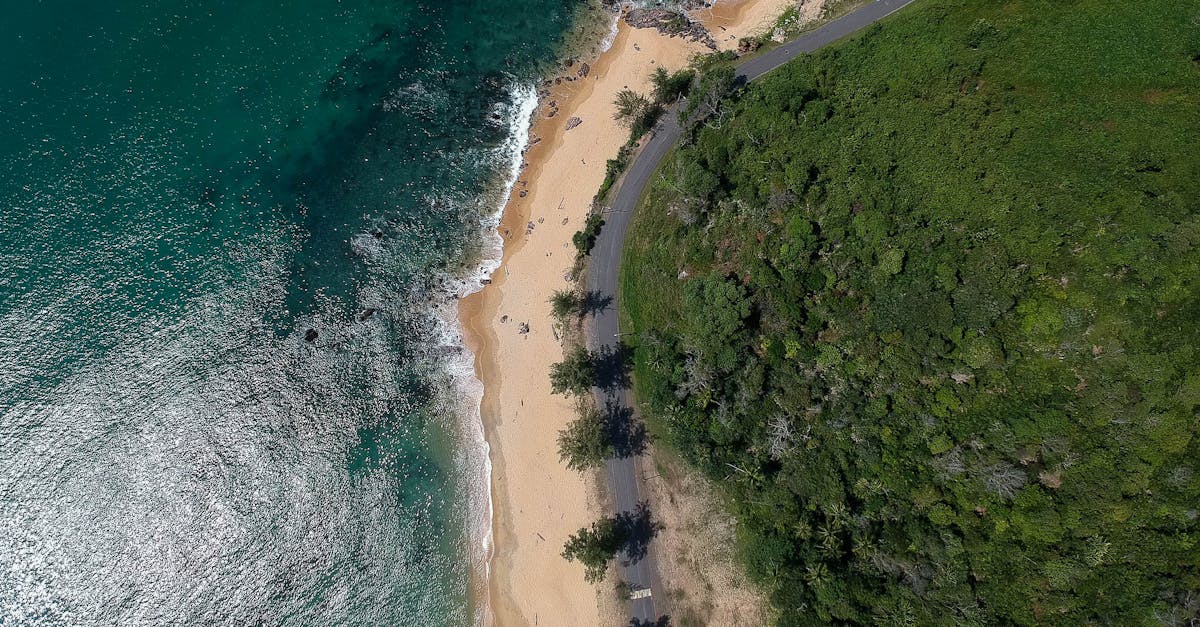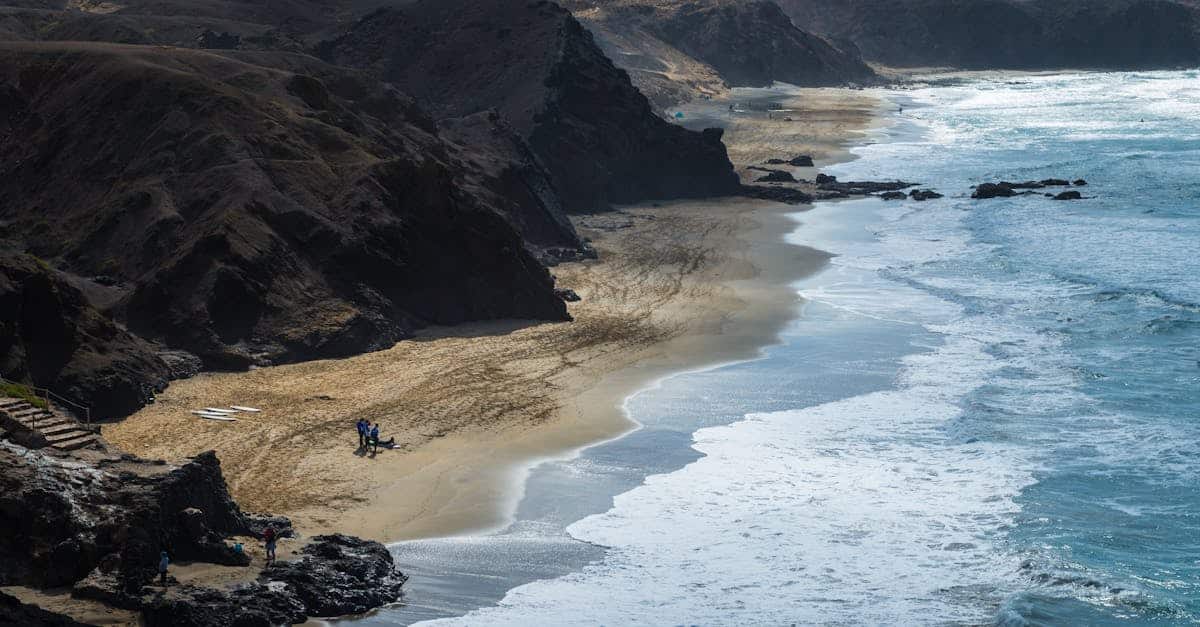|
IN SHORT
|
Ready to become the maestro of travel planning? Whether you’re a seasoned adventurer or a novice looking to escape, the key to a successful trip lies in careful planning. Forget the stress of reservations and chaotic schedules! In this article, I will share with you well-kept secrets that will transform your escapades into unforgettable experiences. Thanks to my infallible method, you will be equipped to deal with all the unexpected, while enjoying every moment of your trip. Hang in there, the adventure starts here!
Your Guide to a Perfect Trip
Organizing a trip can seem like a challenge, but with a few tips and a well-practiced method, it becomes child’s play. In this article, we’ll explore the best techniques for planning an unforgettable vacation, while avoiding common pitfalls. Whether you are a seasoned traveler or a novice, these tips will allow you to set off on your adventure with peace of mind.
Planning: An Art to Master
Define your Dream Destinations
The first step in organizing your trip is to choose the ideal destination. Think about what you want: beach, mountain, city, culture or adventure? Take the time to research the places that appeal to you the most. A world map and a few photos can spark inspiration. Consider writing down your priorities, whether food, history or nature, to narrow down your choices.
Establish a Reasonable Budget
Budget is often the Achilles heel of travel. Interestingly, a well-planned budget allows you to enjoy it to the fullest without stress. Start by defining what you are willing to pay for each aspect: accommodation, transportation, food and activities. Don’t forget to include a margin for unforeseen events, it’s the key to a successful trip.
Choose the Perfect Time
Timing is everything. Find out the best time to visit your destination, whether to avoid rain or crowds. Peak seasons, although often more expensive, can offer a unique experience, while off-season periods guarantee peace and quiet and savings.
Transport Logistics
Book your Flights
Once the destination and period have been chosen, it is time to book your flights. Using price comparison sites and remaining flexible on dates can make all the difference in cost. Remember to activate price alerts, this will allow you to be among the first to take advantage of interesting offers.
Getting Around
Find out what transportation options are available where you are staying. Public transportation, car rental, or carpooling services: each option has its advantages. For total immersion, don’t hesitate to try local means of transport, which are often the most authentic.
| Stage | Advice |
| Search for destinations | Check travel blogs and forums. |
| Budget | Establish a realistic budget before planning. |
| Transportation | Compare flight and train prices to save money. |
| Accommodation | Use comparison platforms to find the best deals. |
| Itinerary | Plan your route based on distances and interests. |
| Documents | Check the validity of your travel documents in advance. |
| Insurance | Don’t forget to take out appropriate travel insurance. |
| Packaging | Make a list for efficient and lightweight packing. |
- Advance planning – Book your flights and accommodation several months in advance.
- Realistic budget – Establish a budget including all planned expenses.
- Control List – Create a list of essentials to pack to avoid forgetting things.
- Local search – Learn about customs and places to visit.
- Flexibility – Be prepared to adapt your itinerary depending on unforeseen circumstances.
- Mobile app – Use travel apps to manage your stay efficiently.
- Documents in order – Check the validity of your passports and visas before departure.
- On-site transportation – Plan your transportation options in advance to save time.
- Networking – Connect with locals or other travelers for advice.
- Risk Assessment – Find out about the security of the chosen destination.
Accommodation: Finding the Ideal Corner
Hotel Types and Alternatives
When it comes to accommodation, you are spoiled for choice: hotels, hostels, apartment rentals or even unusual accommodation. Think about what works best for you based on your trip style. Sometimes, opting for a temporary rental can lead to discoveries that you would never have made in a traditional hotel.
Read Reviews and Compare
Reviews from other travelers are invaluable. Consult specialized sites to get an idea of the quality of the accommodation. Do not hesitate to compare several offers before making your choice. A good strategy to ensure that you set foot in a welcoming place!
Activities: Listening to your desires
Planning without Hugging
It’s tempting to set a strict schedule, but leave space for the unexpected. Plan a few unmissable visits, but also some moments of relaxation to savor the moment. Some of the best memories are born without being planned!
Local Activities: A Bonus Not To Forget
Get involved in local activities, whether it’s cooking classes, guided walks or cultural events. This will enrich your experience and give you a better understanding of the culture of your destination. Consider booking in advance for popular activities to guarantee your spot.
Take into account the unexpected
Prepare for the Unexpected
Despite all your organization, it is inevitable that unforeseen events arise. Always have a plan B. Whether it’s a change in weather, a closed site or a canceled excursion, keep an open mind and be ready to improvise. This is often where the best adventures are hidden!
Document your Experiences
Don’t leave without a good way to keep memories. A travel diary, a blog or a simple photo album, all methods are valid for capturing and sharing your highlights. Writing during your expedition will also allow you to relive these moments with great intensity.
Return and Evaluation
Recap your trip
When you return, take the time to take stock. What did you like the most? What mistakes to avoid next time? Remember these valuable lessons for your future travels and share your discoveries with your friends or community. It may inspire them to explore too!
Share your Memories
There’s nothing like sharing your photos, stories or advice with those around you. Whether during a dinner with friends or on social networks, your experience will seduce and perhaps even motivate others to follow in your footsteps. Creating an interactive map or slideshow can even spark exciting discussions.
Frequently Asked Questions
A: To plan a trip effectively, it is important to define your destination, establish a budget, research activities to do and places to visit, book flights and accommodation, and finally prepare an itinerary.
A: Setting a travel budget involves taking into account all potential costs, including flights, accommodation, meals, activities and local transportation. It is advisable to provide a margin for unforeseen circumstances.
A: Tools like Google Maps, TripIt, and budgeting apps can be very helpful in planning your trip. These tools help organize information and track expenses.
A: It is generally advisable to book your flights several months in advance, especially for popular destinations, and to be flexible with your dates to find the best deals.
A: Choosing the right accommodation depends on several criteria, including your budget, your destination, and the type of experience you are looking for. Compare online reviews and choose well-located places.
A: To prepare your suitcases properly, make a list of what you need, check the weather in your destination, and choose versatile clothing. Also remember to limit your luggage to make your travel easier.
A: To stay organized while traveling, keep all your important documents in an easily accessible place, use planning apps to track your itinerary, and always keep a digital copy of your reservations.


